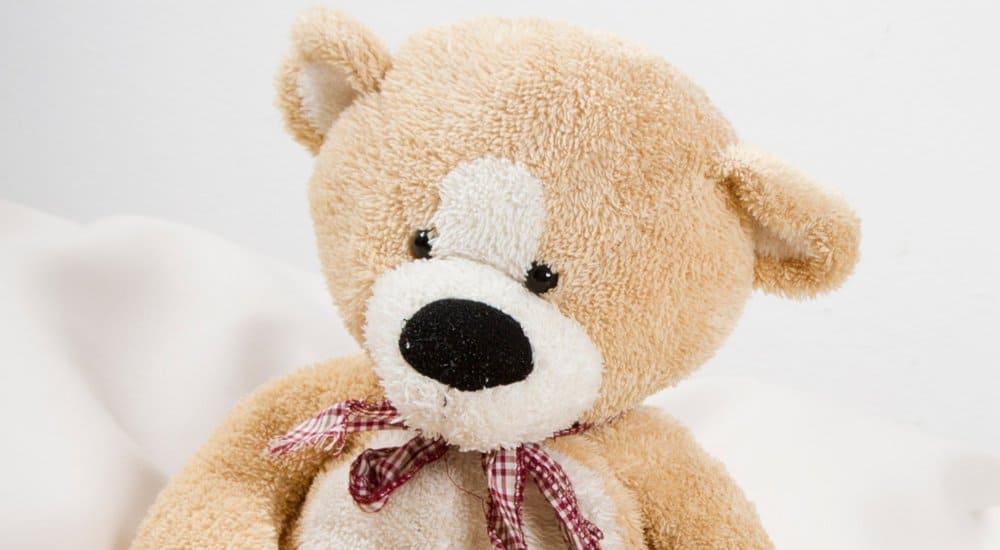
Study Finds 80% Of Teddy Bears Are Riddled With Harmful Bacteria
One of the biggest hallmarks of childhood — and the fun times therein — has to be the teddy bear. They’re cute, they’re cuddly, and the best among them are always tailor-made for bedtime snuggles. Unfortunately, teddy bears might also double as Trojan horses; left unchecked, they can make children sick as often as they make them happy.
Recent studies conducted by Dettol have shown that the problems can start anytime a child drops his teddy bear on the floor. Germs, dirt, and bacteria can all make their way onto the bear and take root; if they slip into a child’s body, they can potentially cause illnesses and even food poisoning. It sounds hard to believe, but the probability is strikingly high thanks to the sheer amount of coverage. Reportedly, eighty percent of all teddy bears are carrying harmful bacteria, and twenty-five percent of them have traces of fecal matter.
Other important statistics to note are that seventy-five percent of the bears don’t get washed after a child is ill, while twenty percent simply never get washed. Given that, a smart course of action is to give teddy bears a good rinse every now and then, especially alongside a bacterial cleanser. It takes some extra work, but it’s worth it to keep the children smiling.



